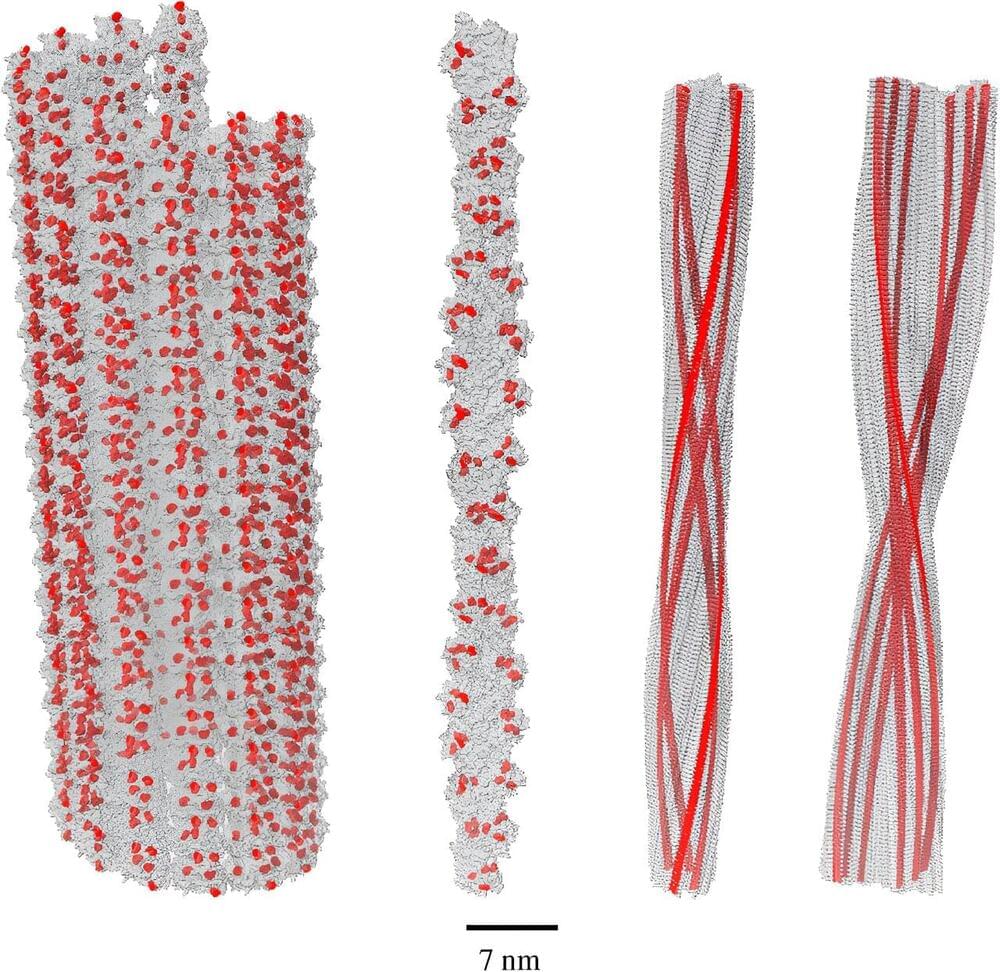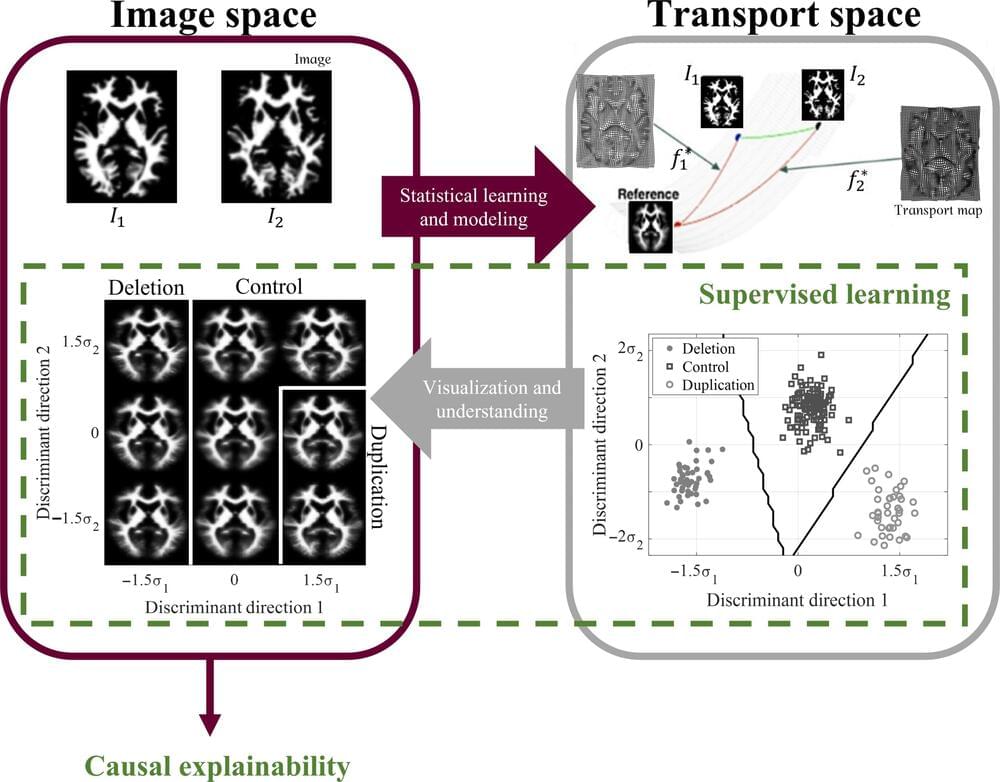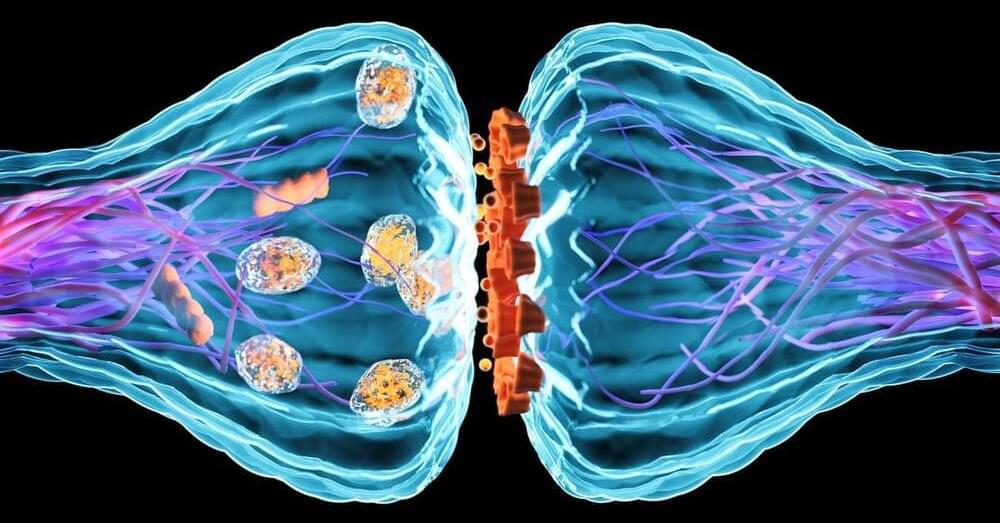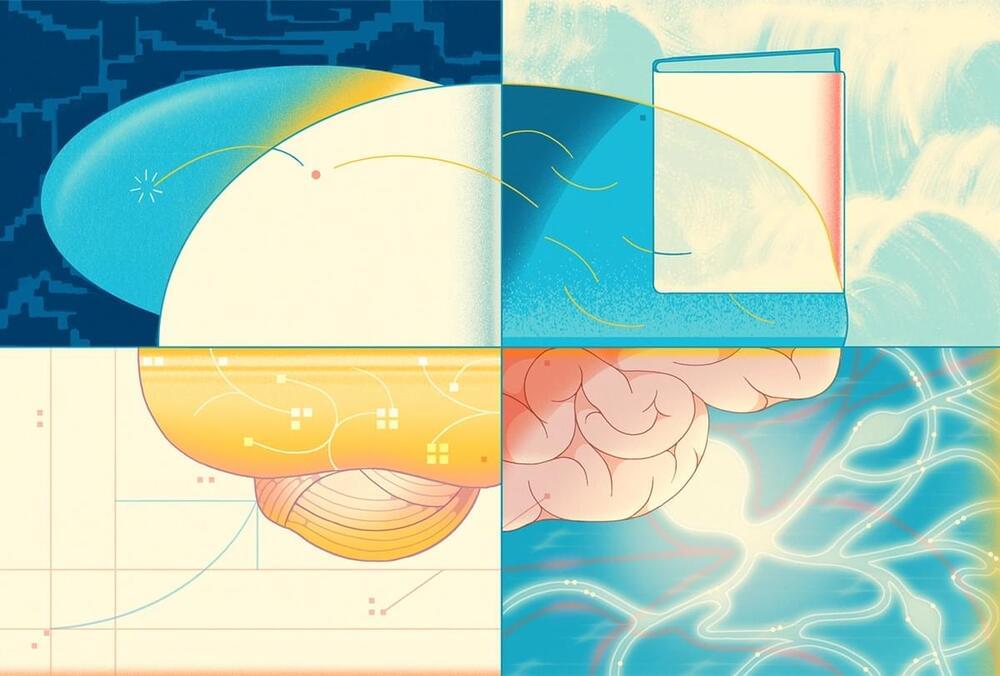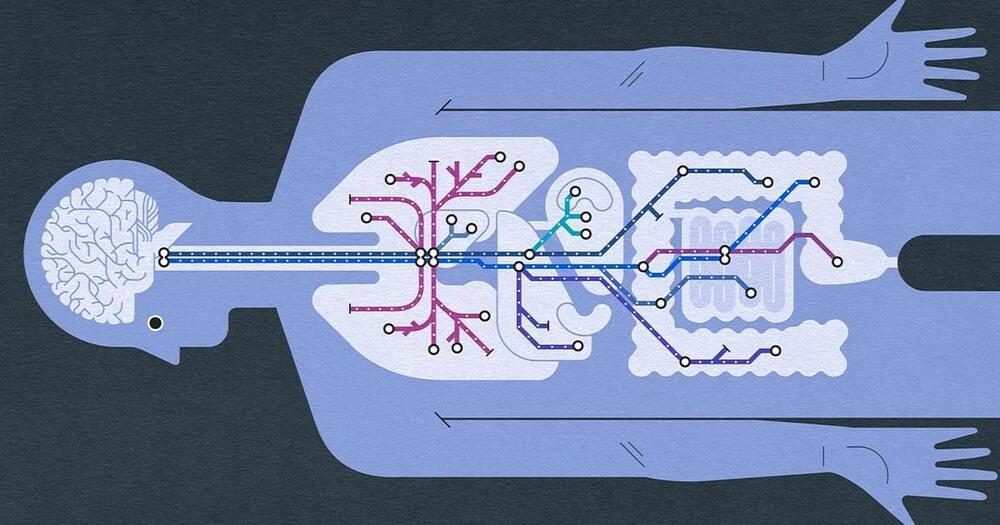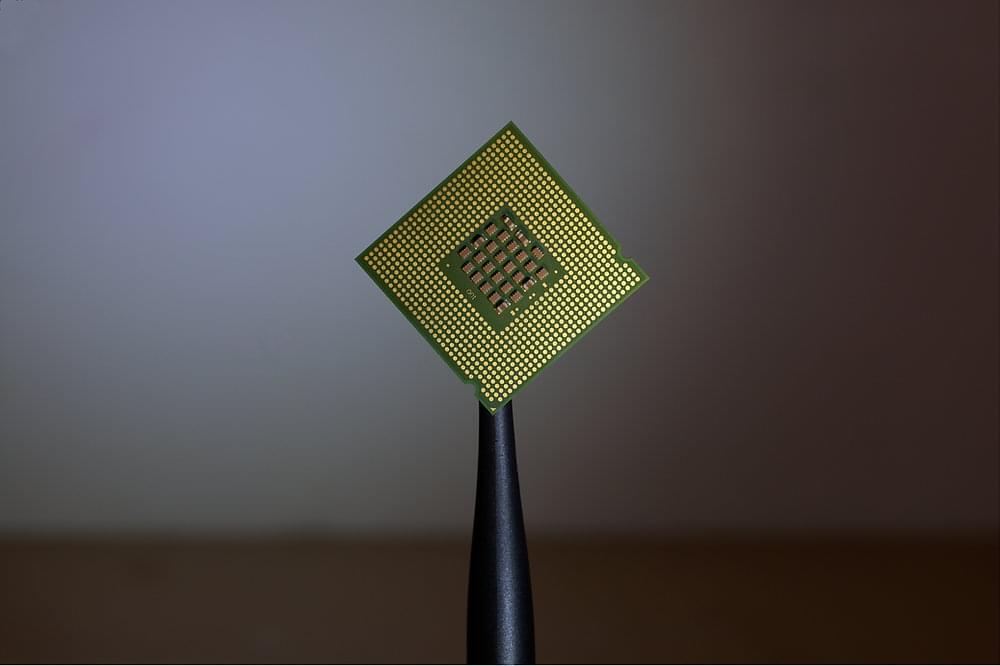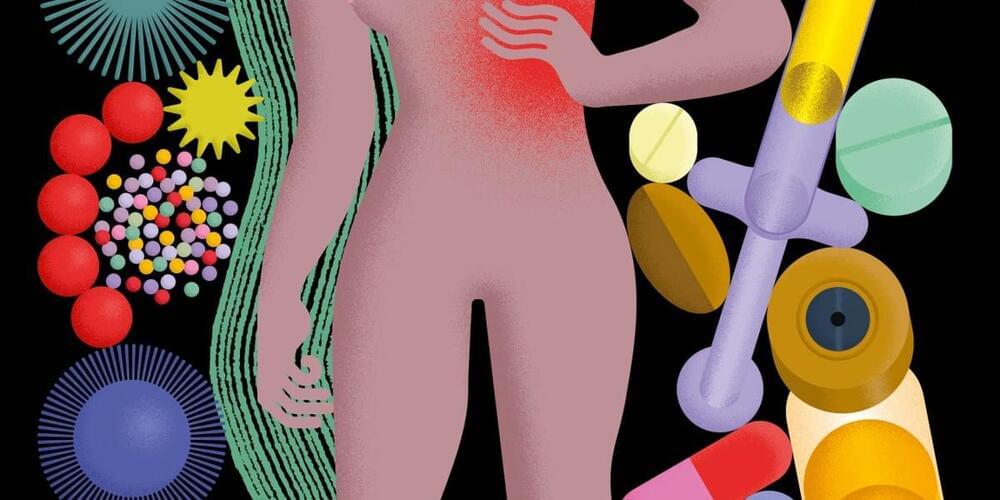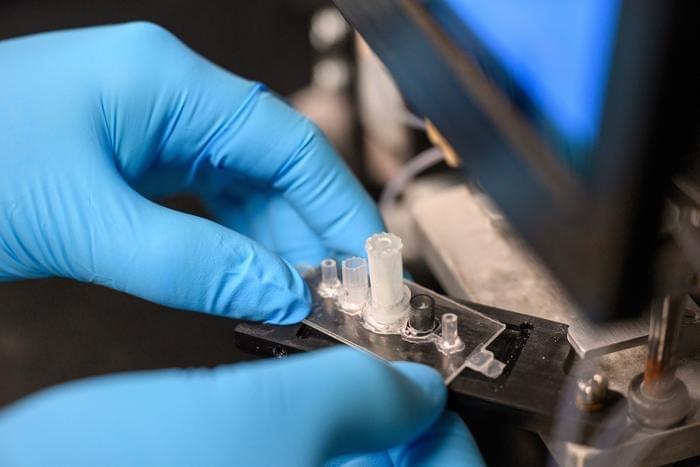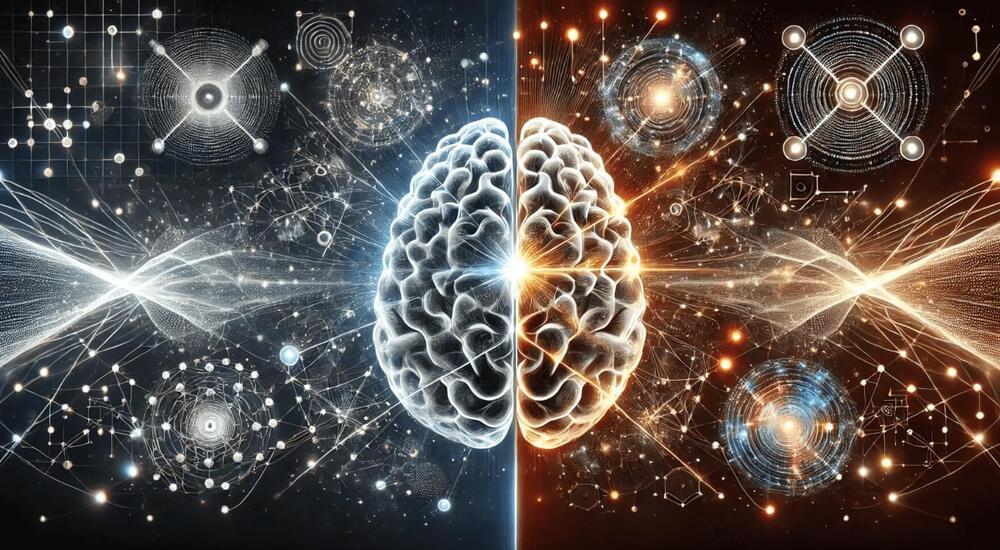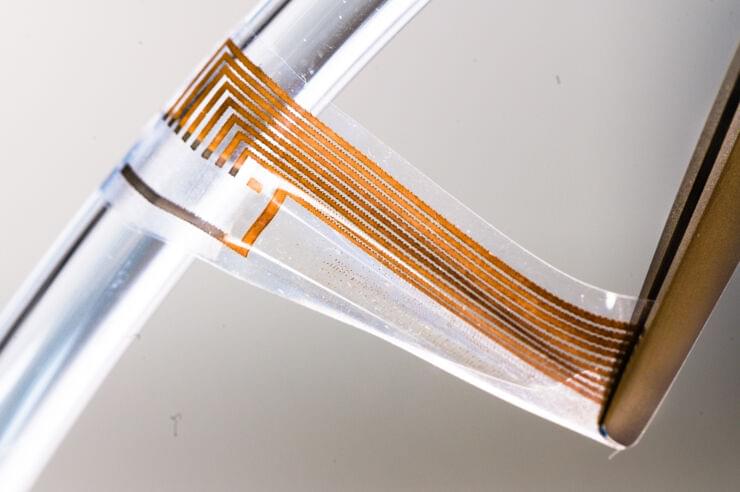
Gold does not readily lend itself to being turned into long, thin threads. But researchers at Linköping University in Sweden have now managed to create gold nanowires and develop soft electrodes that can be connected to the nervous system. The electrodes are soft as nerves, stretchable and electrically conductive, and are projected to last for a long time in the body.
Some people have a “heart of gold,” so why not “nerves of gold”? In the future, it may be possible to use this precious metal in soft interfaces to connect electronics to the nervous system for medical purposes. Such technology could be used to alleviate conditions such as epilepsy, Parkinson’s disease, paralysis or chronic pain. However, creating an interface where electronics can meet the brain or other parts of the nervous system poses special challenges.
“The classical conductors used in electronics are metals, which are very hard and rigid. The mechanical properties of the nervous system are more reminiscent of soft jelly. In order to get an accurate signal transmission, we need to get very close to the nerve fibres in question, but as the body is constantly in motion, achieving close contact between something that is hard and something that is soft and fragile becomes a problem,” says Klas Tybrandt, professor of materials science at the Laboratory of Organic Electronics at Linköping University, who led the research.
